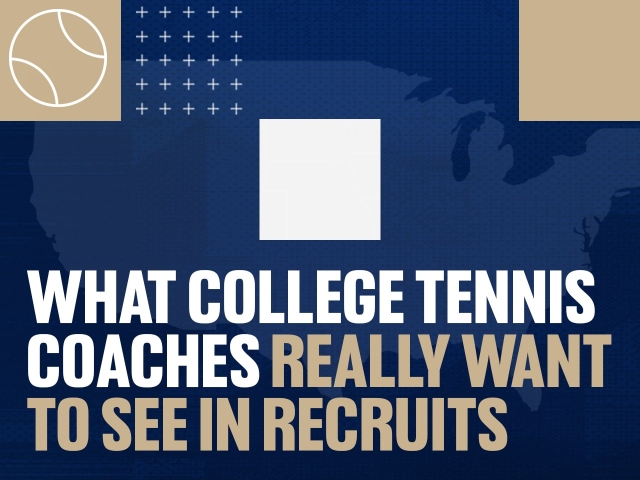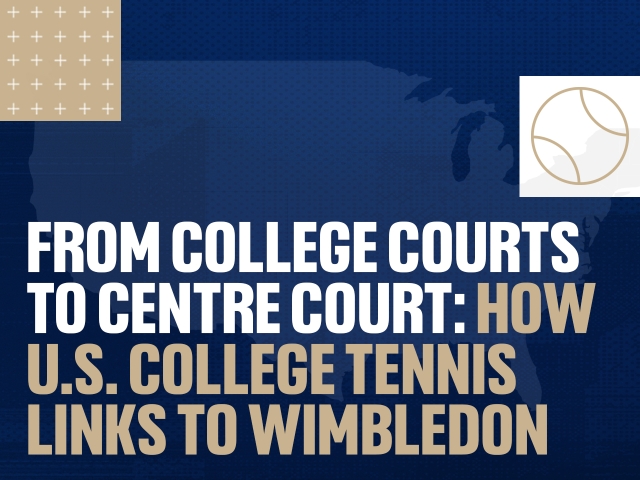Which is better: Private or Public University? - By Consultant, James Beggs
4 min read
FirstPointUSA consultant, James Beggs gives us his views on private and public university.
Coming from a Private College background in the United States where I attended a small private NAIA University in Mobile Alabama, followed by a small private Division 3 University in Jackson Mississippi, I was always curious of the difference between my educational experience and the experience of my fellow students who attended the several larger state Universities in my area. To get these answers, I took it upon myself to do some research on the matter and find out which was better, public or private?
As far as tuition goes, Hands down, public universities are the better buy by definition alone. Last year Tuition and fees for a public four-year institution cost $20,823 for the 2011-12 school year –– about $8,000 less than private institutions. Because their funding is subsidized by the state, public schools can pass on those savings to students. Private institutions rely almost entirely on tuition and the generosity of donors, which is why students wind up paying more. However, since private college often have pretty healthy financial aid offerings, it is possible for some students to pay less than they would elsewhere.
Now when it comes to prestige, even if you've never set foot on a private campus, just the word alone –– private –– lends an allure of exclusivity and prestige. The top 20 schools on U.S. News & World Report's annual Best College rankings consistently go to private institutions for a reason. Class sizes are smaller, admission is selective, individual student attention is valued, and the curriculum is tough enough to attract top talent from around the world. Still, it's a myth that all public universities offer subpar educations. There are public universities with enough prestige to rival private institutions.
So what about the social scene? Thanks to their affordability and proximity to home for most students, state schools are like flames attracting moths in the night. That makes for a pretty healthy social scene. But if you're interested in mingling with students from outside your home state, pursuing a degree at private institutions may be appealing. They often attract a wider variety of students from around the country (and the world), which means that although the party scene may not be as hot as public schools, you'll get exposure to people who aren't all from the same geographic background.
As far as prospects in the professional world go, Public or private, your chances of making it in the job world are higher the minute you graduate from college. But whether you're willing to shell out tens of thousands of more dollars to pay for the prestige of a private 4-year degree is the question you'll have to answer. For undergrads, there isn't much a private college can offer in the way of curriculum and social life that a public institution can't. True, public classes are larger and make it more difficult for one-on-one attention, but that's why professors hold office hours, after all.
It is tempting to assume that an education at a selective private college is worth it because your degree will be more valuable. But in reality many highly successful people graduated from public colleges. And while many private colleges are highly prestigious, so are many public universities. If you are set on getting a name-brand private college degree, and plan to go on to a graduate or professional school, you can actually get the best of both worlds. Consider getting a lower cost undergraduate degree at a public college and attending a private college for your advanced degree.
- James Beggs, FirstPointUSA Consultant




